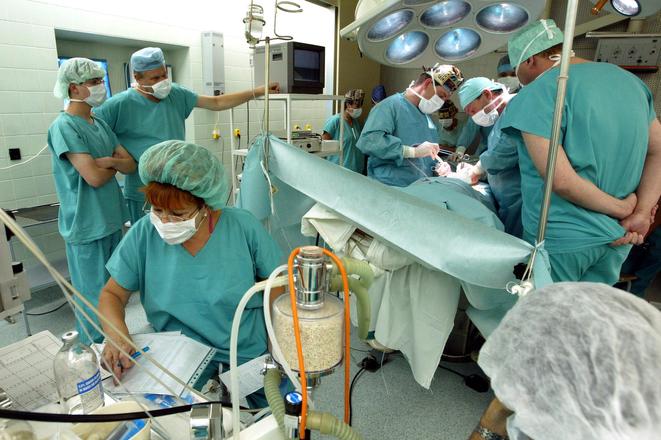Slovakia belongs to the countries with the lowest number of transplanted organs in Europe. More than 400 people are currently waiting for new organs.
“After launching the education campaign Seven Lives, we managed to increase the number of collections and transplantations of organs last year, thanks to various factors,” said Zuzana Žilinská, head of the Slovak Transplantation Association, as quoted by the TASR newswire. “Unfortunately, the first quarter of this year is poor again and our patients face an acute lack of donors.”
It is thus important to inform about the problem and explain to the public why it is important to transplant organs.
“Of course, it is also necessary to find other tools to help Slovakia come closer to countries with high collection and transplantation activities,” Žilinská said, as quoted by TASR.
One person donating organs like heart, lungs, kidneys, liver or pancreas can save the lives of seven people. To improve the bad statistics of donors and transplantation of organs, it is necessary to launch the discussion and constructive cooperation, experts agree.
“We are convinced the education of the public has its sense,” said regional transplantation coordinator Martin Chrastina, as quoted by TASR.
Slovakia carried out 245 transplantations last year, up from 165 in 2014. This represents an increase of 40 percent. The most frequently transplanted organs were kidneys, but also the heart and liver transplants have increased.
Currently there are six facilities where transplantations are done, with three in Bratislava and one in Banská Bystrica, Košice and Martin. The transplantations of lungs are carried out in Vienna, TASR wrote.
The campaign titled Seven Lives is realised by the Slovak Transplantation Association under the auspices of the Health Ministry. The aim is to educate the public, to increase the number of collection and transplantation of organs, to shorten waiting times and to prevent early deaths.



 Illustrative stock photo (source: Sme)
Illustrative stock photo (source: Sme)